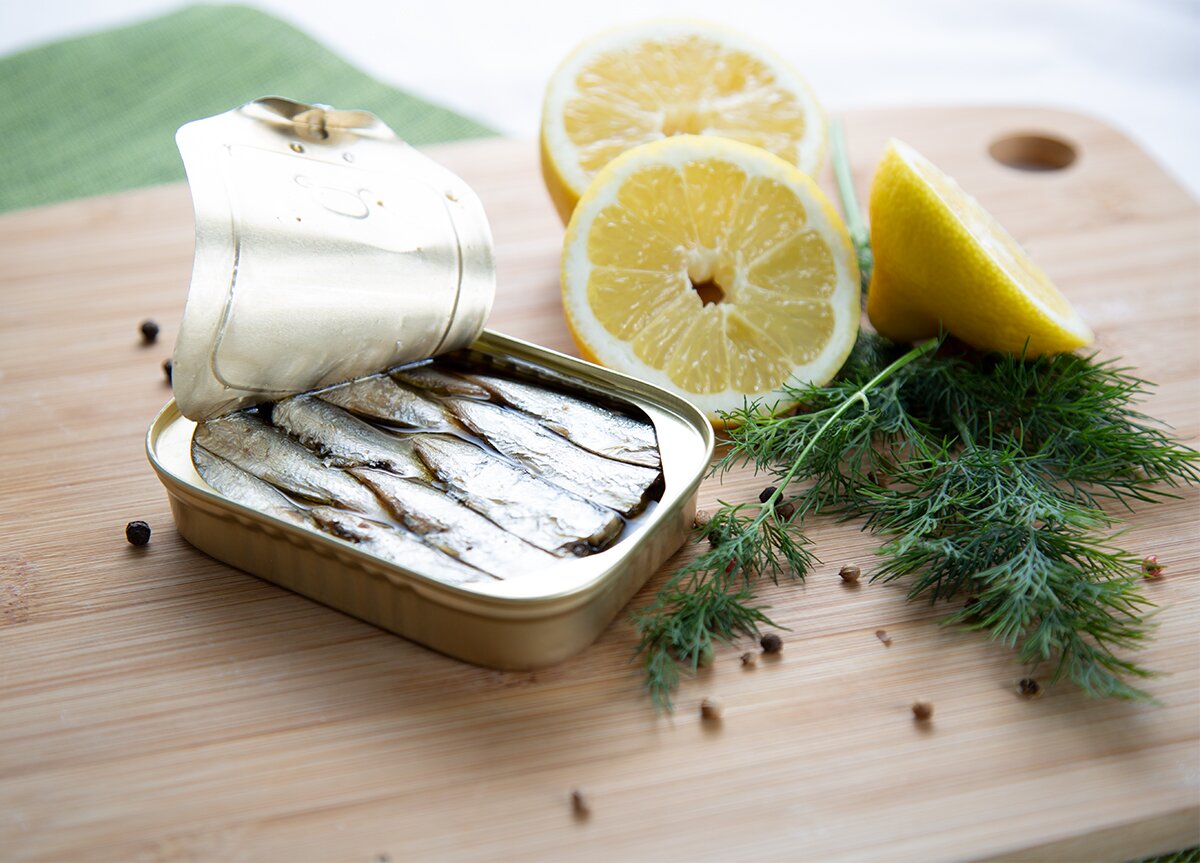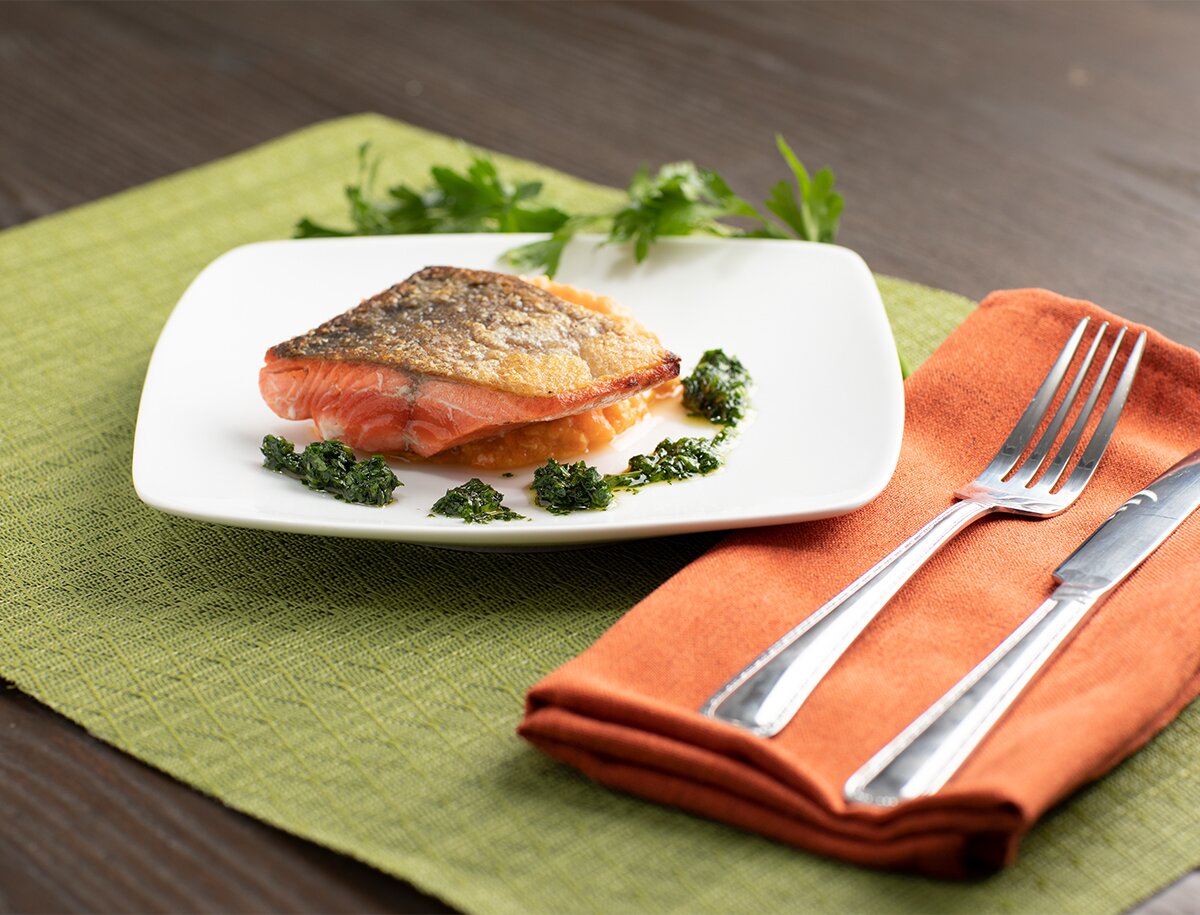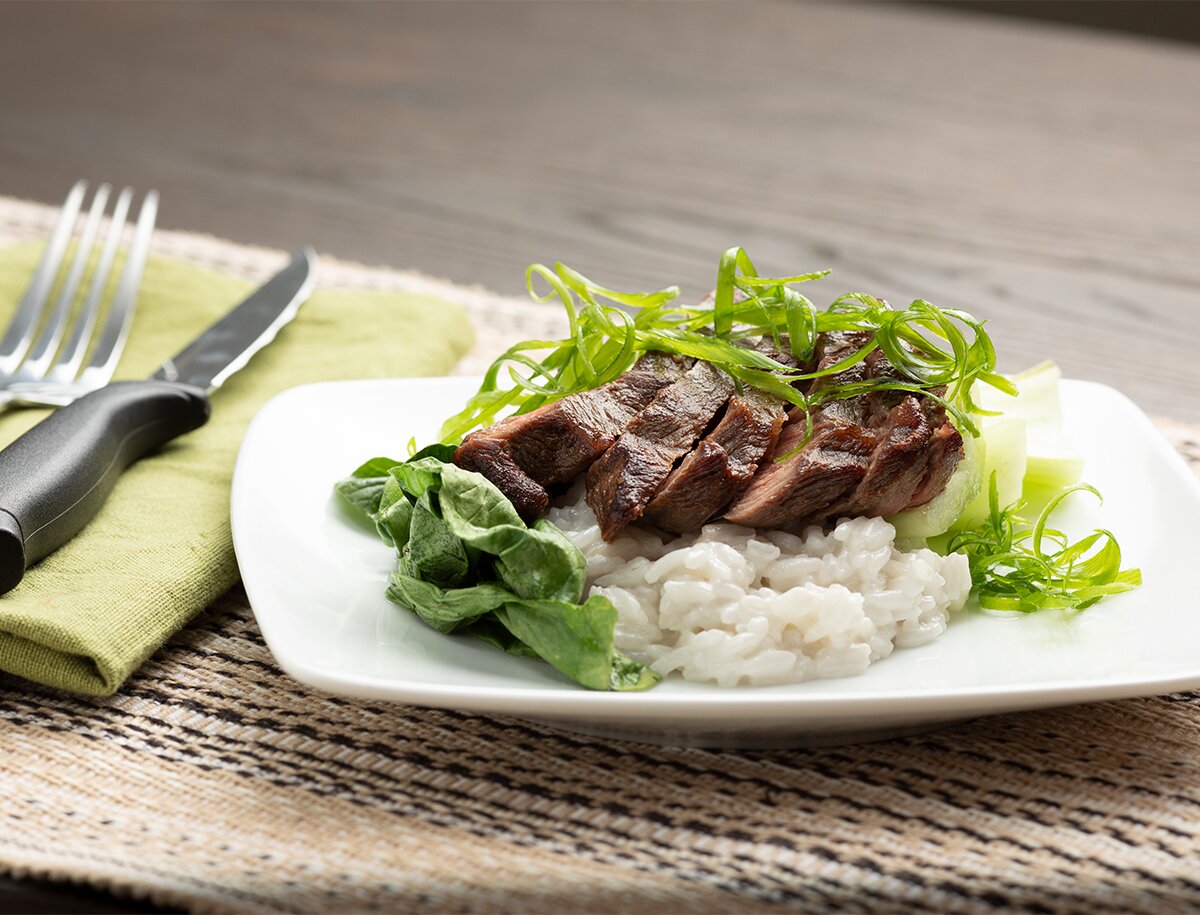
The Best Brain-Boosting Fitness Foods
If you're looking for a mental edge in the gym, here are 8 key foods for the fitness-minded bodybuilder.
Supplements for Brain Power | Brain Boosting Foods | Brain Boosting Nootropics | Theanine for Brain Gains
Ever shown up at the gym and struggled to remember if today is supposed to be international chest day or if it was yesterday? Or maybe you're struggling with your plate math and can't remember how to add up 80 percent of your 1RM.
If so, maybe it's time to fortify your diet with an arsenal of foods with proven brain-boosting powers. Add these items to your clean-eating program for a mental focus that's as sharp as the cuts on your body.
Brain Booster 1: Sunflower Seeds
Sunflower seeds are a great protein-rich snack, but they're also rich in vitamin E. A paper published in the Neurobiology of Aging discovered that people with higher levels of vitamin E were up to 15 percent less likely to suffer cognitive impairment.*
Here's how: As a potent antioxidant, vitamin E can protect brain membranes from the oxidative damage inflicted by free radicals. Unfortunately, scientists at Tufts University determined that a mere 8 percent of men and 2.4 percent of women are meeting their vitamin E requirements, making it one of the most deficient nutrients in the American diet.
Extra Credit: Sunflower seeds are also a stellar source of thiamine, a B vitamin that helps your body's cells convert carbohydrates into the energy your brain and muscles use to power themselves.
Brain Booster 2: Canned Sardines
Over the years, vitamin D has become a darling nutrient among nutrition researchers, and for good reason. The so-called "sunshine vitamin" has been shown to support many different definitions of the word "health," and cognitive health is one of them.*

A recent study reported that subjects with poor vitamin D status experienced increased mental decline over the 4.4-year study period, compared to their counterparts with sufficient levels of vitamin D.
The current daily adult requirement for vitamin D is 600 IU, and a two-ounce serving of budget-friendly canned sardines delivers about 150 IU. The take-home message: get it in your diet and also consider taking a vitamin D supplement daily—especially during the winter months when vitamin D production from the sun diminishes greatly.
Extra Credit: Sardines also supply brain-healthy omega-3 fats and are considered a low-mercury fish. You'd be hard-pressed to find a healthier fish to build a quick lunch around.
Brain Booster 3: Eggs
Eggs—more specifically the yolks—are your go-to source for choline. Though choline doesn't get much ink, this essential nutrient is a known precursor for acetylcholine, a neurotransmitter involved in cognition and memory.
Additionally, a Swiss study found that eating a breakfast that includes protein-rich foods such as eggs can enhance mental performance during the morning, possibly by improving blood-sugar levels.
Extra Credit: You can now seek out omega-3-enriched eggs for an extra dose of this brain-benefiting fat.
Brain Booster 4: Yerba Mate
When midafternoon brain fog strikes, brew up a steamy mug of yerba mate tea for a mental boost. Research has shown that yerba mate—an herbal tea gleaned from a South American plant—can provide a short-term boost to brain power.
Here's how it works: Some of the naturally occurring stimulants in yerba mate, such as theophylline, work to crowd out the brain neurotransmitter adenosine. Adenosine acts as a central nervous depressant and thereby promotes fatigue.
Another benefit: Many find that yerba mate gives a smoother energy boost than coffee or energy drinks. You can find loose-leaf or bagged yerba mate at many health-food shops or tea-focused stores.
Extra Credit: Headed to the gym? A 2014 study found that healthy volunteers who were provided yerba mate before exercise burned more fat than those who didn't.
Brain-boosting supplements keep you ready for anything life—and the gym—throws at you.
Brain Booster 5: Salmon
Feeling down? Studies suggest that higher intakes of the long-chain omega-3 fatty acids eicosapentaenoic acid (EPA) and docosahexaenoic acid (DHA) that are rich in salmon—as well as other fatty swimmers like sardines, sablefish, mackerel, and rainbow trout—can help support your mood.*

Not a fan of salmon? It could just be how you prepare it. Bodybuilding.com's Recipe Database can help there. Once you try Kevin "FitMenCook" Alexander's mustard-baked salmon with grilled asparagus, your opinion will change!
Extra Credit: Salmon is also a source of vitamin D, and one of the best high-protein foods to build a diet around.
Brain Booster 6: Beets
When it comes to brain health, red means go. Scientists at Wake Forest University determined that naturally occurring nitrates in beets and beet juice can increase blood flow to the noggin, which may help to improve mental performance and help combat cognitive decline.*
The tastiest way to eat these flushed gems is roasted in the oven, but beet juice, which is particularly high in nitrates, can be easily added to protein shakes. You'll also find these brain-boosting nitrates in spinach.
Extra Credit: A number of studies have shown that nitrate's ability to bolster blood flow can also improve muscular performance during exercise and other activities that benefit from increased blood flow. That's why you'll find beets or nitrates in many of the best pre-workouts on the market.
Brain Booster 7: Walnuts
When crunch time comes, don't forget to munch on a handful of walnuts. Scientists at Tufts University discovered that a diet rich in walnuts may improve brain power. Walnuts are rich in omega-3s, which is part of the reason why, but researchers suspect that a synergy between the superfood nut's polyphenol antioxidants and omega-3 fatty acids might amplify the benefits.
Extra Credit: A recent study showed that adults who consumed 1.5 ounces of walnuts every day for eight weeks significantly reduced cholesterol levels.
Brain Booster 8: Beef
A study published in the American Journal of Clinical Nutrition found that women with healthy iron levels performed better on mental tasks and completed them faster than those with poor iron status.

Shocking? It shouldn't be. Iron helps transport oxygen throughout the body, including to the brain, which needs oxygen to function properly. Female athletes are thought to be particularly susceptible to iron deficiency because of monthly menstrual blood loss. Beef remains a stellar source of a highly absorbable form of iron, but consider splurging on more nutrient-dense grass-fed cuts.
Extra Credit: Red meat is a protein powerhouse, but it's also a premiere natural source of creatine, the compound you might be taking to add strength and muscle. This is one reason why the International Society of Sports Nutrition recommends creatine for vegetarians and vegans.
To get the recommended 5-gram daily dose of creatine would require eating 2 pounds of beef. Instead, cover your bases with a single scoop.
*These statements have not been evaluated by the Food and Drug Administration. This product is not intended to diagnose, treat, cure, or prevent any disease.
